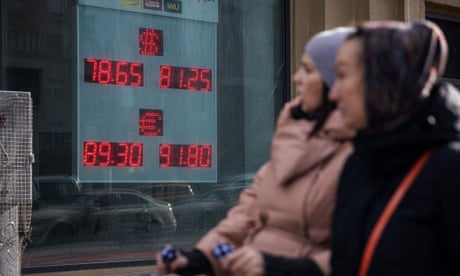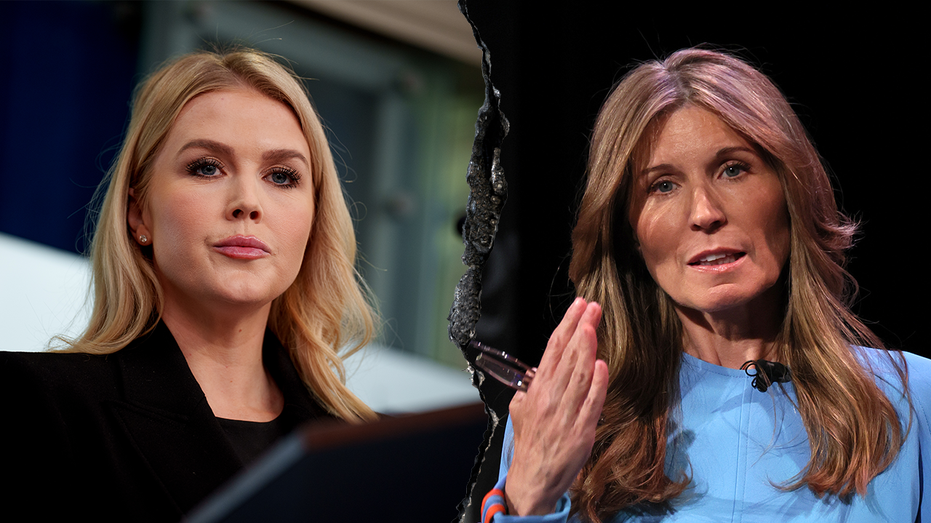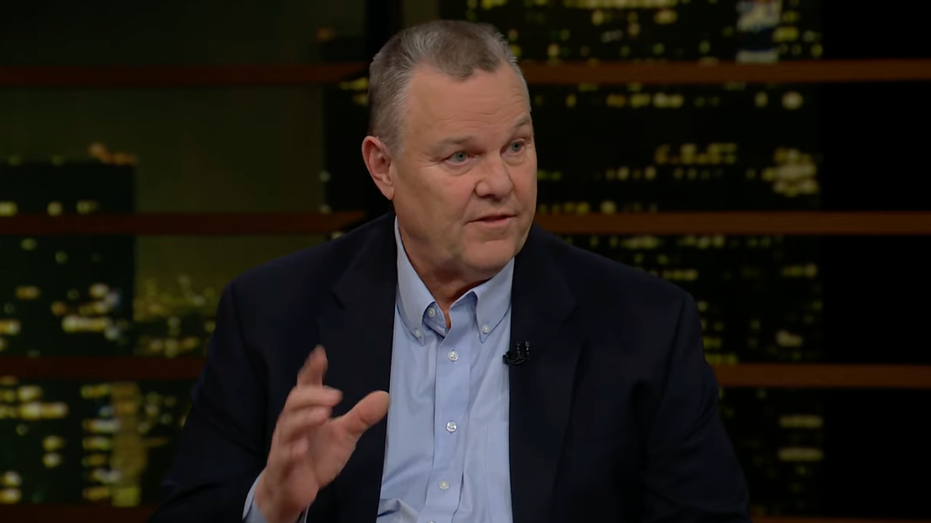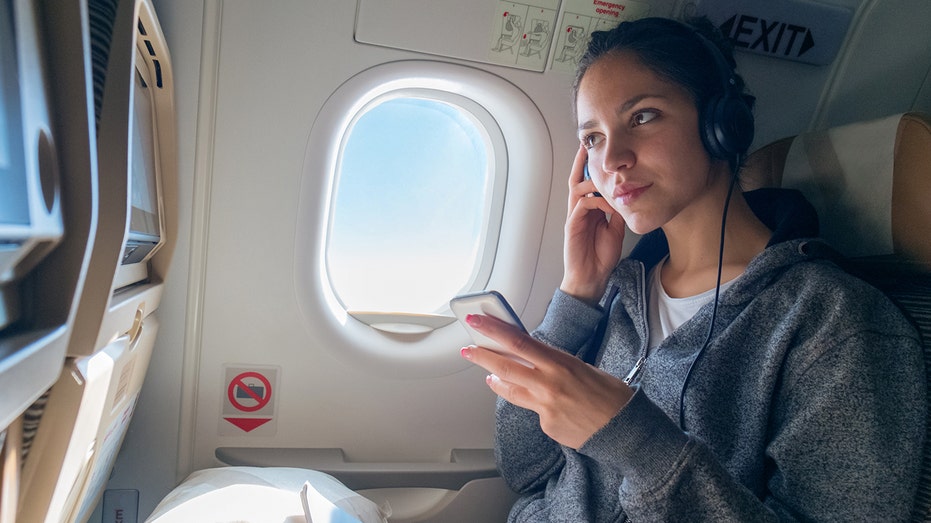- by foxnews
- 09 Mar 2025
‘This is a bumpy long road’: the mood among Moscow residents
‘This is a bumpy long road’: the mood among Moscow residents
- by theguardian
- 23 Feb 2022
- in news

Like many of her friends, Tatyana, a barista at the fashionable Moscow coffee-shop chain Skuratov, was glued to the screen of her mobile phone as Vladimir Putin addressed the nation.
"Usually, I don't watch television, especially when our president speaks. But I felt like I had to tune in this time. I was witnessing history in the making," she said, smoking an e-cigarette. "But I am not sure yet if history is going in the right direction."
The day after the Russian leader's late-night speech, in which he recognised the independence of the self-proclaimed republics in Luhansk and Donetsk, Muscovites were digesting what Putin's decision could mean for them and their futures.
While he ended his address by "congratulating" fellow Russians on the recognition of the two territories, a celebratory mood was absent in the capital, with many fretting about the political and economic consequences his decision might have.
"If the recognition brings peace to the region, fine, why not do it," said Andrei, a regional director at a large logistics firm in Moscow. "But it is already costing me money. I have invested a lot of my savings in shares of Russian companies."
Russia's financial markets sank to their lowest levels in more than a year on Tuesday, after Putin ordered troops into the two territories the previous day. The country's markets have been extremely volatile of late, with major state banks like Sberbank having lost more than half their value since the start of the Ukraine crisis.
As Putin was delivering his address, the Russian independent TV channel Dozhd posted a live feed of the country's rouble sliding to a near two-year low.
"I think I can wave goodbye to my holiday to Turkey in March," said Andrei, 41, referring to the decline of the national currency.
Some in Moscow, however, found genuine joy in Putin's move to recognise the self-proclaimed republics, in what they saw as a long-overdue decision by the Russian state. "Bless Putin! He is finally taking the Donbas under our wing," said Galina Gromova, while waiting for a bus in central Moscow.
Gromova, a high school geography teacher, said she was "horrified" by Russian state media reports of the Ukrainians shelling the Donbas and felt "enraged" by Kyiv's "genocide" of the local population. The west and Kyiv have criticised such reports as "fake news", saying Moscow was creating a pretext for an invasion.
Andrei Kolesnikov, a political analyst and senior fellow at the Carnegie Moscow Centre, said there was no expectation that Russians "would rally around the flag" after Putin's speech in the same manner as when the country annexed the Crimean peninsula in 2014, after which Putin's approval ratings reached heights of 89%.
"Crimea was an absolutely unique event in which Putin practically had the backing of all parts of society," he said. "But the country is much more split on the future of the Donbas."
He pointed to recent data collected by the independent Levada Center pollster, indicating that 53% of Russians would want the two regions recognised as independent or as part of Russia, while 26% saw the future of the region with Ukraine. The remainder of those polled, 21%, were undecided on the issue.
In Kolesnikov's view, how the Russian public will ultimately perceive these events will depend on what the Kremlin decides to do next.
"Many will welcome the scenario in which the situation calms down after yesterday's recognition of the region," he said. "Russians do not have an appetite for a real war with Ukraine, it is currently not a militarised society."
US intelligence continues to stress that Russia is planning a large-scale invasion of Ukraine, while Putin's latest impassioned speech - with its attempts to rewrite Ukraine's history - will further fuel fears in Kyiv. But there is also some hope that Putin will not embark on a major military campaign in Ukraine, fearing the unpredictability of what a significant war on the European continent could entail.
"The Kremlin gains domestic legitimacy from confrontation with the west, as long as bullets aren't being fired," said Prof Samuel Greene, director of the Russia Institute at King's College London, whose research examines Putin's sources of popularity. "Actual war brings uncertainty and we do not know how it will play out in public opinion or on the battlefield," he added.
Whatever Russia's next move is, Britain on Tuesday imposed sanctions on five Russian banks and three high net-worth individuals and, even more worryingly for the Kremlin, Germany's chancellor, Olaf Scholz, said he would not certify the Nord Stream 2 gas pipeline.
Parts of Russia's business elite said they were now preparing for the worst. Its leaders were once among Putin's biggest supporters but have been sidelined over the years, as Putin has increasingly surrounded himself with the so-called siloviki, security men, many of whom served in the KGB.
"I was slightly shell-shocked when I watched the presidential address, my hair stood at the back of my neck," said a veteran banker at a private firm, speaking by phone on condition of anonymity. "It's finally sinking in amongst many around me how bad the situation is," the banker sighed.
"This looks like only the start of a very bumpy long road."
- by foxnews
- descember 09, 2016
'Speaker scum' on flights sparks debate among travelers: 'This is getting out of hand'
A traveler asked social media users to weigh in on flyers who play audio aloud on their devices and don't use headphones.
read more


